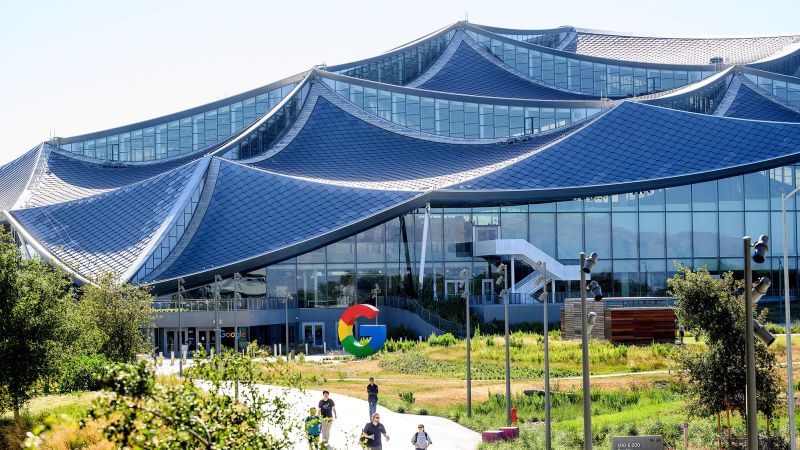The Nigerian National Petroleum Company Limited (NNPC) has revealed that its $1 billion crude-backed loan was pivotal in establishing the Dangote Refinery, the country’s first private refinery, located in Lagos.
Speaking at an energy stakeholders’ engagement in Abuja, NNPC’s Chief Corporate Communications Officer, Olufemi Soneye, described the investment as a cornerstone of the project’s success during a period of significant liquidity challenges in Nigeria.
“The strategic decision to secure a $1 billion loan backed by crude was instrumental in supporting the Dangote Refinery,” Soneye stated. “This initiative underscores NNPC’s commitment to fostering public-private partnerships that drive national development.”
The 650,000-barrel-per-day refinery is part of NNPC’s broader vision for energy self-sufficiency, he explained. He further highlighted that the restart of the Port Harcourt Refinery marks another milestone in the company’s efforts to revitalise Nigeria’s refining capacity.
READ ALSO:Dangote Refinery exports PMS to Cameroon, partners Neptune Oil
Soneye also praised the leadership of NNPC’s Group Chief Executive Officer, Mele Kyari, for spearheading transformative reforms. Under Kyari’s leadership, the company declared profit for the first time in decades and has already exceeded its financial projections for 2024.
“The $3 billion Gazelle loan, facilitated by Kyari, was another critical intervention that stabilised the federation during a challenging foreign exchange crisis,” Soneye added.
NNPC’s focus on cleaner energy was also emphasised, with the company championing the adoption of Compressed Natural Gas (CNG) as an alternative energy source. This initiative, Soneye noted, offers Nigerians a more affordable and sustainable energy solution amid rising global costs.
Energy relations, according to Soneye, remain central to NNPC’s operations as an integrated energy company. “Fostering strong relationships with stakeholders across the value chain is not just a priority but a necessity for achieving our objectives and ensuring energy sufficiency,” he said.
Head of Efficiency at NNPC, Arinze Okafor, added that the company’s transition from a government corporation to a limited liability entity has reshaped its financial strategy.
“Today, we are funded by our own balance sheet,” Okafor explained. “This means every commitment we make must be commercially viable and deliver value.” he said.




















Discussion about this post